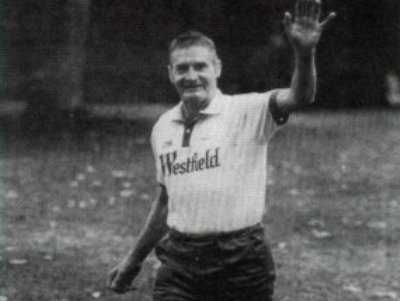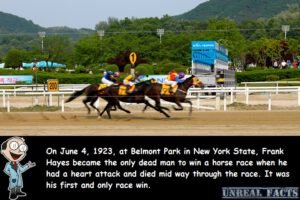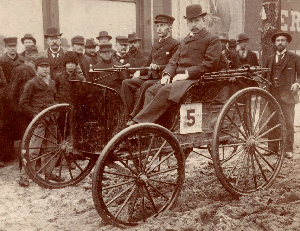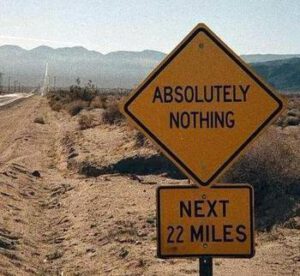Australian ultra marathon runner Cliff Young won the inaugural Sydney to Melbourne ultra marathon in 1983 at the age of 61. How is this really possible? Surely someone a third of his age should have won the race easily. You would certainly think so, but this 61 year old potato farmer had a surprise in store for everyone.
The Sydney to Melbourne ultra marathon was regarded as one of the world’s hardest ultra marathons. It covered a total distance of 875-kilometre (544 mi), and usually took between 5 and 6 days to finish. The marathon began in 1983, and was held for 8 years until its major financial backer withdrew its support from the event. One of the fastest, but not the record holder, to finish the ultra marathon was 61 year ols potato farmer Cliff Young, from Beech Forest, Victoria. But how did he do it?
How did Australian ultra marathon runner Cliff Young win the race at 61 years of age?
Well he didn’t cheat, if that’s what you are thinking. Instead, think of the story of the Tortoise and the Hare. In the famous story the brazen and cocky hare thinks he has the race all stitched up and takes a nap. But while he is sleeping the tortoise slowly passes tha hare and wins the race. Believe it or not, but this is exactly what Cliff Young did in the ultra marathon.
On the first day of the race he trailed most of the pack, but not for long. When everyone else retired for the night Cliff kept on running, right through the night. By the next morning when the other racers were ready to start again they discovered there was a new race leader. He continued to lead all the way to the end, setting a new record for runs between the two cities.
Mr Young credited his stamina to rounding up sheep on his farm. He had said that he had previously spent three days continuously rounding up sheep in gumboots, and during the race he imagined himself doing the same.
Ultra marathon runner, and potato farmer Cliff Young attained celebrity status in Australia for his surprising win. Although he attempted in later years to emulate his initial performance, he was not successful. And get this. He took the $10,000 prize money and gave the five runner ups $2,000 each, keeping nothing for himself.








